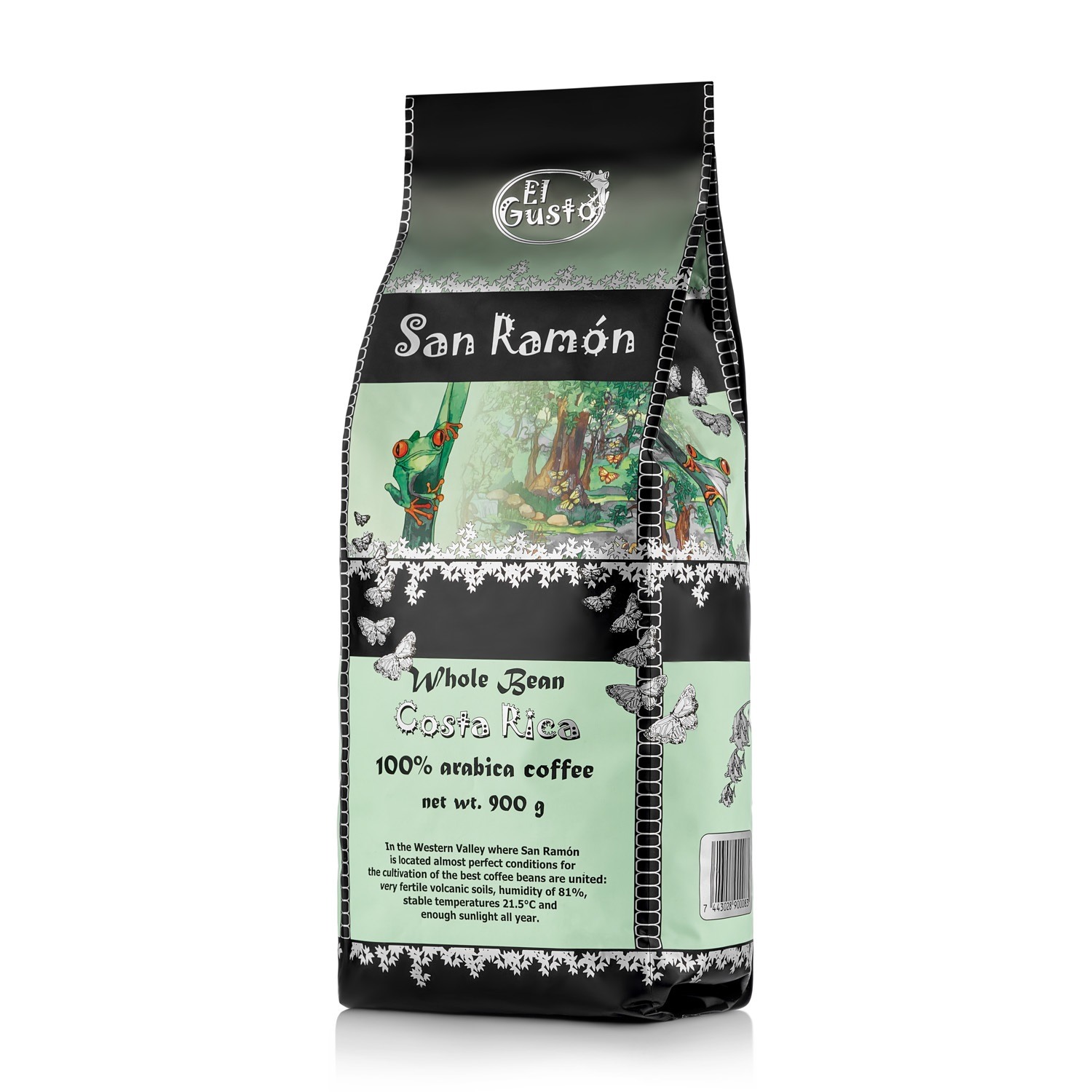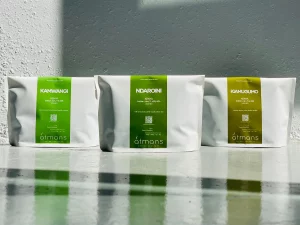
Organic vs. Conventional Coffee: Which Is Better for Your Health and the Environment?
Organic vs. Conventional Coffee: Which Is Better for Your Health and the Environment?
- Adam Smith
- 25-10-2023
- 25-10-2023
- 1201 views
- Coffee Beans

Coffee is more than just a daily ritual. It’s a source of comfort, energy, and a morning hug in a cup. But have you ever considered the journey of your coffee beans, especially in terms of health and environmental impact? In this blog, we’ll explore the key differences between organic and conventional coffee, helping you make an informed choice that not only benefits your well-being but also contributes to a healthier planet.
The Organic Coffee Movement

Organic coffee is produced following strict regulations and practices that prioritize the health of both consumers and the environment. But what sets organic coffee apart from its conventional counterpart?
1. Chemical-Free Farming
Organic coffee farms avoid the use of synthetic pesticides, herbicides, and fertilizers. Instead, they rely on natural, sustainable practices to nurture their coffee plants. This means that your cup of organic coffee is free from potentially harmful residues of synthetic chemicals.
2. Biodiversity Conservation
Organic coffee farms often prioritize biodiversity. Shade-grown coffee, a common practice in organic farming, creates a canopy of trees that fosters a healthy ecosystem. This not only benefits wildlife but also enhances the quality of the coffee.
3. Soil Health
Organic coffee farming focuses on soil health through composting, mulching, and the use of organic matter. Healthy soil contributes to the overall well-being of the coffee plants and enriches the flavor of the coffee beans.
4. Water Conservation
Conventional coffee farming can involve excessive water usage. Organic coffee farms often employ water conservation methods, such as efficient irrigation systems and water recycling, to minimize their environmental footprint.
5. Fair Trade and Ethical Practices
Many organic coffee producers are also involved in fair trade practices, ensuring that coffee farmers receive fair compensation for their hard work. This ethical approach supports the livelihoods of coffee-growing communities.
The Conventional Coffee Industry

Conventional coffee, while being the more prevalent choice, differs from organic coffee in several key ways.
1. Chemical Dependency
Conventional coffee farming relies heavily on synthetic pesticides and herbicides. The use of these chemicals can pose health risks to both farmers and consumers. Residues of these chemicals may remain on the coffee beans, potentially ending up in your cup.
2. Environmental Impact
The environmental impact of conventional coffee farming can be significant. The use of synthetic chemicals can harm local ecosystems and contribute to soil degradation and water pollution.
3. Sun and Monoculture Farming
Many conventional coffee farms employ sun cultivation, clearing large areas of land and exposing coffee plants to direct sunlight. This practice can lead to deforestation, reduced biodiversity, and a less resilient ecosystem.
4. Questionable Labor Practices
Some conventional coffee farms have faced criticism for their labor practices, including inadequate compensation and poor working conditions for coffee farmers and laborers.
Health Considerations: Organic vs. Conventional Coffee
When it comes to health, the choice between organic and conventional coffee is a significant one.
- Reduced Chemical Exposure: Organic coffee is grown without synthetic pesticides and herbicides, reducing the potential exposure to harmful chemicals in your daily brew.
- Fewer Allergens: Organic coffee is less likely to contain traces of allergens from chemical residues, making it a safer choice for those with allergies or sensitivities.
- Lower Risk of Chemical Residues: Choosing organic coffee minimizes the risk of consuming chemical residues that may be present in conventional coffee.
- Preservation of Antioxidants: Organic coffee may contain more antioxidants because it’s grown in a healthier environment, free from the stress of synthetic chemicals.
Environmental Impact: Organic vs. Conventional Coffee
The environmental impact of your coffee choice is not to be underestimated.
- Biodiversity Preservation: Organic coffee farming, with its emphasis on shade-grown practices, contributes to the preservation of biodiversity and wildlife habitats.
- Soil and Water Conservation: Organic coffee farms often employ sustainable soil and water conservation methods, reducing the environmental impact of coffee production.
- Reduced Pollution: The absence of synthetic chemicals in organic coffee farming leads to reduced water pollution and the protection of local ecosystems.
- Combatting Deforestation: By choosing organic coffee, you support coffee farms that prioritize sustainable land use and avoid contributing to deforestation.
Making Your Coffee Choice
When deciding between organic and conventional coffee, it’s essential to consider your values, health concerns, and environmental impact. Your choice can have a profound effect on your daily cup of coffee and the world it comes from.
While organic coffee may come at a slightly higher price point, many consumers believe it’s a worthwhile investment in their health and the environment. Additionally, the purchase of organic coffee supports ethical practices and fair compensation for coffee farmers.
Ultimately, the choice between organic and conventional coffee is a personal one. Both options offer a delightful coffee experience, but the decision is a reflection of your values and the impact you wish to have on the world.






















